Nutrition strategies and answers to what you should eat before a HIIT workout and what you should eat after a HIIT workout for optimal performance, recovery, and body composition.
I heard other fitness professionals say that their workouts changed a lot since having kids. They said that they now favored shorter, HIIT style workouts. Looking at them, I never believed it. How could someone be so shredded and only exercising 15-30 minutes a day? I called BS.
Then, I had a baby, and I lost 50lbs working out 30 minutes or less a day. My progress skyrocketed when I began to limit my running and cardio, in favor of strength training with a day or two of HIIT/plyo training mixed in. I've never seen better results in my entire life of training, never, ever.
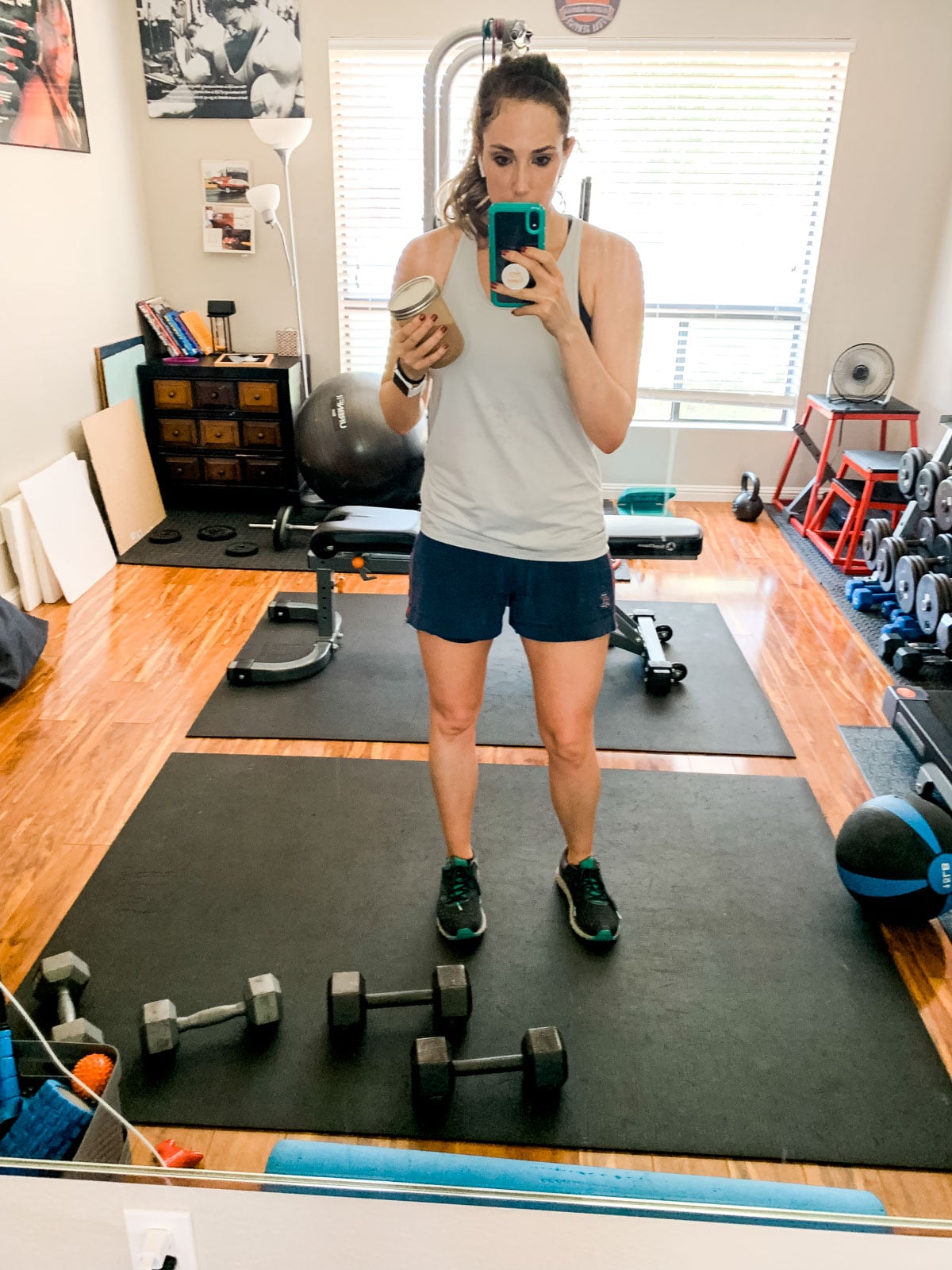
(I need to get Mr. Hungry to take new photos of me working out, so I stop using the same ones over and over again.)
What is HIIT Training?

HIIT training stands for Hight Intensity Interval Training. To simplify it, HIIT training involves bringing your heart rate to the max, recovering, and then doing it again. Since you are working at such an intense level, your workout is cut in half time-wise. For more info, see what is HIIT training?
What should you eat BEFORE HIIT training?

The fact of the matter, pre-workout nutrition doesn't matter a ton. What matters more is that you have proper nutrition with balanced meals throughout the day. That means the right balance of carbohydrates, fats, and proteins to support a healthy body, fuel, and recovery. (Need help with that? Check out my meal plans here, which follow a 40-30-30 macro split approach ensuring you get balanced nutrients throughout the day.)
You do not have to eat directly before a HIIT workout (or any workout) as long as you have enough energy to get through the whole workout without feeling dizzy, hungry, light-headed, or gassed out. These may be signs you need a bit more fuel before working out. So, if you eat breakfast at 7 am, and workout at 11 am, but you feel fine during the exercise. There is no need to snack before that workout to snack.
If you do choose to eat before you workout, what kinds of things should you eat? There are NOT any hard and fast rules here, but most people find a mix of protein and healthy fat, or protein and carb helpful. What you want to avoid at all costs is carbohydrates/sugar on their own. While it's good to refuel your muscle's storage form of sugar, it's bad to spike your blood sugar right before a workout.
Spiking your blood sugar right before a workout means your body will run off that sugar first, versus requiring the metabolic processes necessary to acquire energy. We want our bodies to tap into our stored sugar and fat during a workout, not burn off the sugar we just ate. Even if you find you need a bit of carb before a workout to maximize performance, that's fine, but pair it with a protein to slow the blood sugar rise.
If your goal is weight loss, you'll want to keep in mind you need a calorie deficit to achieve that. Sometimes people find splitting breakfast in two (the part before and the part after) helps! If your goal is muscle gain, you need to be calorie positive. In that case, you may want to eat more before working out.
What should you eat AFTER HIIT workouts?
In my professional opinion, this is more important. HIIT workouts, no matter what style, are usually pretty damn intense. Likely you've burned through your glycogen stores (the storage form of sugar in the muscle) and need to replace it.
The biggest nutrition mistake I see people making post-workout is eating protein without carbs. You need the carbs so that your body utilizes protein efficiently. Otherwise, your body, the smart metabolic cookie it is, may want to break the protein into sugar to refill stores in the muscles before repairing muscle mass.
Recently I've read some research that stated that the metabolic window might not be as short as we think. We used to think within 30-minutes was the ideal time to refuel, now research is finding you may have up to an hour or even just your next meal. With many HIIT workouts, your EPOC (post-workout calorie burn) is higher for up to 24 hours, so really, we are just looking at refueling at the next meal.
Do you need a protein shake after HIIT workouts?
Protein shakes are convenient and sometimes taste like a chocolate shake, but you don't ever need them to get results from HIIT training. That next meal you have should have at least 20 grams of protein for females and 35 grams for males, paired with a carb. Here is a list of healthy sources of protein.
I prefer a banana and protein shake, but that's because of the time of day I workout (mid-morning). I need something to get me through till lunch after my workout.
Are there special foods for HIIT workout recovery?
In general, real, unprocessed food will help you recover faster. Whole foods will help supply your body with the vitamins, minerals, antioxidants, and anti-inflammatory substances that will enhance the recovery process. That's why I'm okay with you skipping the protein shake in favor of real food, like a spinach omelet with sweet potato.
Several foods have been well researched for their ability to help with recovery. If you are an elite competitive athlete, you may want to focus on these. But, since HIIT workouts are technically a sport (I guess except for CrossFit, kind-of), I'm going to imagine that most of us aren't feeling paying $30 bucks for a two-ounce vile of tart cherry juice.
I'm exaggerating, but the point I'm trying to make is if you eat healthily, you will enhance your recovery processes and performance.
A few foods you want to make sure you have in your diet regularly to help you recover from workouts as fast as possible are:
- Omega 3 rich foods like salmon, walnuts, flax, and chia.
- Starchy carbs, especially post-workout like sweet potatoes, beans, and whole grains (as tolerated.)
- Fruits, especially post-workout, with a particular emphasis on bananas, tart cherries, pomegranates, and blueberries.
- Non-starchy vegetables of all kinds of colors, for the antioxidants that will help your body recover and repair.
- Spices, because they all, every single one has anti-inflammatory properties — particular emphasis on turmeric.
- Whole eggs - ideally pasture-raised or omega 3 enriched. And yes, the entire egg is essential, not just the whites. There are tons of antioxidants in the yolk and protein in the whites, so eat the whole thing.
- Dairy (if tolerated) - special emphasis on whey protein, ricotta cheese, greek yogurt, and cottage cheese, which have been well researched for their impact on recovery.
Read Next:
- How to Prevent Skipping Your After Work “Workout”
- Hot Yoga Tips
- What You Need To Know Before You Start Running
- Exercise Tips For Beginners - What You Need To Know
- What Workout Is Right For You? (A Review Of The Popular Fitness Programs I've Tried)
- Advice & Tips for Your First Half Marathon
- How To Get 10,000 Steps Per day
- 6 Day Training Split
- High-Intensity Interval Training (HIIT) Training
- Low-Intensity Steady State Training (LISS)
What are some of your favorite pre & post-workout meals?
Like this post? Don’t forget to pin this post for later and follow @hungryhobby on Pinterest for more healthy recipes, quick workouts, and nutrition tips!





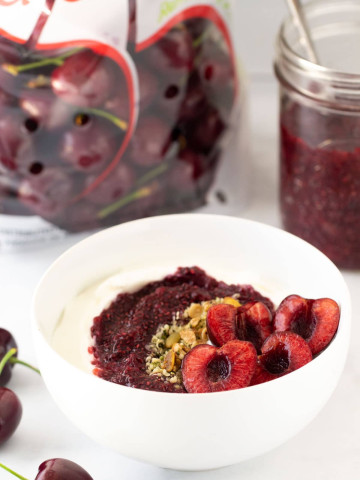
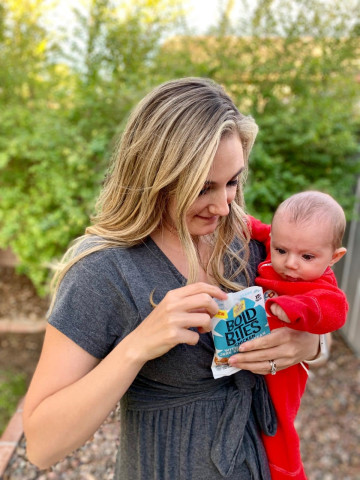
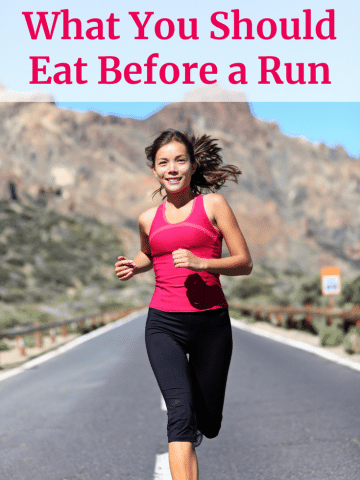
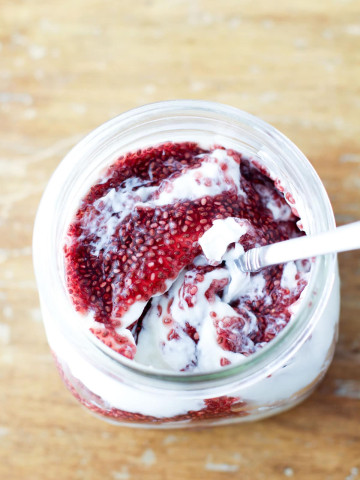
Julie says
I do HIIT workouts about 2x a week and I have type 1 diabetes. I tend to workout first thing in the morning fasted and my blood sugar spikes right when I start working out from adrenaline. I usually feel like I have enough energy for the workout. About 30-45 minutes after the workout I have a protein shake, then eat breakfast about an hour and a half after the workout. I sometimes wonder if I should be doing something different, like eating and taking insulin before the workout, but I guess my current routine is working well enough.
Kelli Shallal MPH RD says
Don't break what isn't broken is my motto! T1D is a difficult beast to contend with when it comes to workouts. I suggest checking out UCAN, it works really well if you ever have a problem maintaining during a workout! I can answer more questions about that as well.